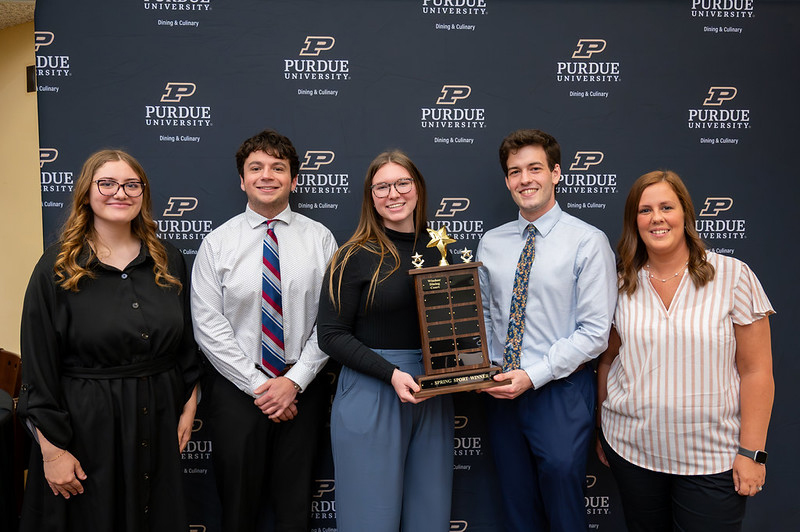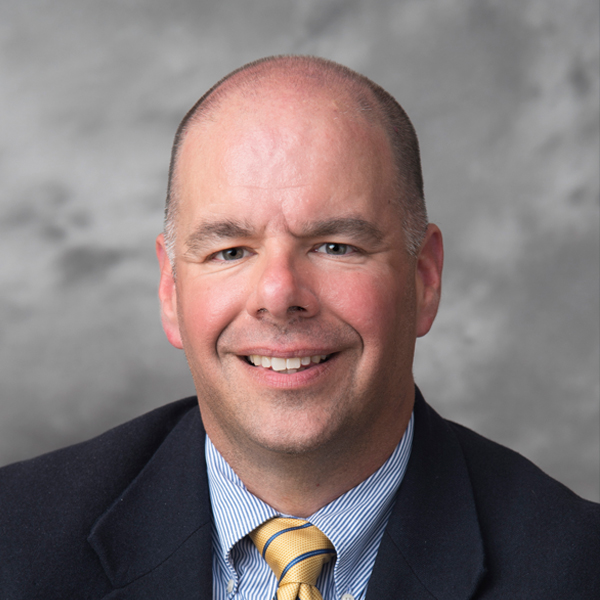
University Residences and Dining & Culinary are home to numerous opportunities for students to pursue leadership development in a variety of positions. A student manager in a dining court, a resident assistant and the president of a hall club each have attributes unique to their own roles – but no matter the role, the goal for each is that students will take small steps that will develop them into leaders who can make a positive difference in their community during their time on campus and beyond.
The development of student leaders in University Residences and Dining & Culinary is taking place in conjunction with a new framework of leadership being implemented across Student Life, led by the Roger C. Stewart Office of Student Leadership, Engagement and Community (SLEC). The new framework creates a common language around leadership so students can translate experiences across their Purdue experience.
“We’re looking at how we can more closely align programs and collaborate to promote student leadership development, scale up programs and look at where there are opportunities for greater connections,” says Jeff Stefancic, director of SLEC and associate dean of students.
At the core of this work are developing students’ skills in 20 leadership competencies, spread across four general areas – communication, self-awareness, collaboration and ways of thinking. These competencies were developed with the input of students, faculty, staff and employers, and are based on the work of researcher and author Corey Seemiller. The competencies align with the university’s embedded learning outcomes, which help form the core requirements of a Purdue education.
“These are foundational skills,” says Stefancic. “Wherever you’re connected to leadership - whether that’s through University Residences, Recreation & Wellness, a student organization, a cultural center and so forth – we’re all working towards the same skills that we want our students to have.”
The goal for areas within Student Life, like University Residences and Dining & Culinary, is to create and promote intentional opportunities for students to build these skills in a stepped approach. Students master competencies, gain more experience and earn greater leadership responsibilities as they take each step.
A student’s entry into this framework in University Residences and Dining & Culinary could come through attending an event like RHA Day or a student employment job fair to learn about opportunities that are available to them. The next step involves more involvement, such as working in a dining court or becoming an active member of a hall club. Further development takes place as students obtain more formal leadership roles and participate in focused leadership activities, which can include holding supervisor positions or officer roles in hall clubs and attending events like the Jay Severson Student Leadership Retreat. The goal in the final step is for students to obtain high-responsibility roles, such as serving as a resident assistant, club president or student manager.
While the framework divides development into four steps, it’s important to note that these do not correlate to class standing – a junior may be taking their first step in their leadership journey, while a first-year student may have already progressed to their third step. Each student’s journey may be as unique as each individual, but the end goal remains the same.

